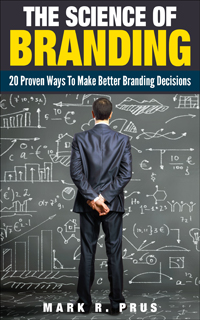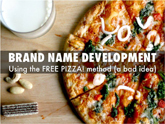Is Odd Spelling of Names a Help or a Hinderance for Trademarks?

Thumbzup Logo Per Website
I’m not a big fan of odd spelling of names. Yes, I know using intentionally misspelled names is viewed as a clever thing to do in the startup community (see my previous blog post on this trend).
But what happens when you try to trademark a name that is intentionally misspelled?
Turns out the rules don’t change. The USPTO will apply its standards regardless of spelling. You still have to investigate similarities in terms of appearance, meaning, and sound. Here is an excerpt from the USPTO website that explains the similarity issue.
When you search our trademark database, ask yourself these questions about each trademark you view:
- Is the trademark confusingly similar to yours? Trademarks may be confusingly similar if they look alike, sound alike, have similar meanings, or create similar commercial impressions.
- Are the goods or services related to yours? In other words, could a consumer mistakenly believe the goods or services come from the same source? Goods or services may be related if they’re used or sold together, used by the same purchasers, advertised together, or sold by the same manufacturer or dealer. They don’t have to be in the same international class to be related.
If you can answer “yes” to both questions for any trademark in our database, check to see if the trademark is live. If so, there may be a likelihood of confusion, which means you might not be able to register your trademark.
So no, you could not start a technology company called SISCO because it would be viewed as too similar to CISCO®. A manufacturer of appliances could not choose ELGEE as a name because it is too similar to LG®.
When I read that Thumbzup® had been invited to ring the Opening Bell for the NASDAQ exchange, I thought “Great. Another tech company using the intentionally misspelled approach.” My next thought was “good luck getting a trademark on that!” because I thought the name “Thumbs Up” would have been in use already.
Turns out I was wrong. Thumbzup does have a trademark.
But the awarding of a trademark to Thumbzup is probably more likely due to the fact that there were no registered trademarks with a high degree of similarity rather than its misspelling. I’m not saying the misspelling was not a factor, because it probably did help differentiate the name versus the generic saying of “thumbs up.” But I’m sure the same rules about similarity applied in granting the trademark to Thumbzup.
Side note: Thumbzup looks like an interesting company with some unique technologies in the field of social media! Check it out: https://www.thumzupmedia.com/



